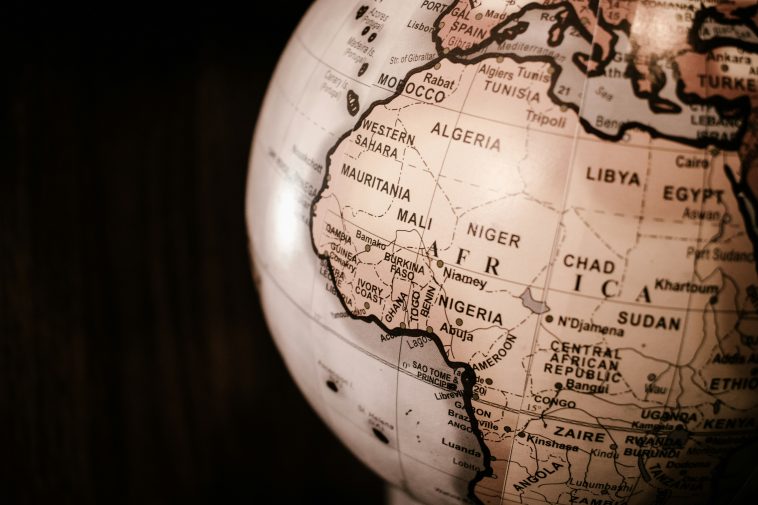The macroeconomic environment in Africa during the first half of 2024 presented a complex landscape, characterized by high inflation rates, fluctuating growth rates, and significant variations in economic performance across different countries. This period was marked by a mixture of challenges and opportunities as African economies navigated global economic uncertainties and domestic issues, such as inflation and political instability.
Global Context and Its Impact on Africa
Globally, the first half of 2024 saw high interest rates and record highs in public markets, particularly in the United States. The S&P 500 and NASDAQ 100 indices experienced significant gains, driven primarily by strong performances in the technology and AI sectors. However, this positivity in public markets did not translate into the private markets, with venture capital (VC) investments showing a decline.
High-interest rates in the U.S. have also made safer investments like bonds more attractive, leading to reduced risk appetite for VC investments globally, which in turn impacted the flow of capital into emerging markets like Africa.
African Central Banks’ Response to Inflation
African central banks maintained a cautious stance, focusing on combating inflation rather than easing monetary policies. In South Africa, the Reserve Bank held its repo rate steady at 8.25%, reflecting concerns about inflationary pressures. Similarly, in Nigeria, inflation surged to 34.19% in June 2024, driven by a sharp rise in food prices, prompting the Central Bank of Nigeria to consider further rate hikes. In contrast, Kenya experienced a decline in inflation to a four-year low of 4.6%, which supported the Central Bank of Kenya’s decision to keep interest rates at 13%.
Economic Growth and Challenges
The growth prospects for African economies during this period were mixed. The International Monetary Fund (IMF) revised its growth projection for Sub-Saharan Africa downward to 3.7% for 2024, a slight decrease from its initial estimate. This revision was primarily due to a lowered growth forecast for Nigeria, Africa’s largest economy.
Despite these challenges, the IMF remained optimistic about the region’s long-term growth prospects, with a forecasted GDP growth of 4.1% in 2025, supported by stabilized inflation and improved public debt ratios.
Sectoral Performance and Investment Trends
Different sectors within African economies exhibited varied performance. South Africa’s economy contracted slightly by 0.1% in the first quarter of 2024, driven by declines in manufacturing, construction, and mining sectors. However, the agricultural sector showed growth due to increased production. In contrast, Kenya reported a significant trade surplus, driven by higher demand for tea and re-exports of jet fuel.
In terms of investment, the African venture capital landscape continued to face challenges, with a sharp decline in the number and value of deals. The total funding in H1 2024 dropped by 57% year-on-year, with only $393 million raised across 119 deals, marking the lowest funding level since 2019. This decline was largely attributed to the absence of large deals beyond Series A stages and a significant drop in accelerated deals.
Geopolitical Developments
Geopolitical factors also played a crucial role in shaping the macroeconomic environment. The Gulf countries increased their investment activities in Africa, with Saudi Arabia and the UAE becoming significant players in sectors like mining, food security, energy, and infrastructure. Additionally, ongoing political instability in various African countries, coupled with upcoming elections, posed challenges to economic stability and investor confidence.
Conclusion
The macroeconomic landscape in Africa during the first half of 2024 was shaped by a combination of global economic trends, domestic inflationary pressures, and sector-specific challenges. While there are growth opportunities, particularly in sectors like agriculture and trade, the overall economic environment remains cautious. Central banks are focused on controlling inflation, and the venture capital landscape continues to grapple with reduced risk appetite and declining deal volumes. As Africa moves into the second half of 2024, the focus will likely remain on managing these macroeconomic challenges while seeking opportunities for sustainable growth and development.
Source MAGNiTT, H1 2024 Africa Venture Investment Report)
 We just launched our WhatsApp channel. Want to get the latest news from the Tech in Africa?
We just launched our WhatsApp channel. Want to get the latest news from the Tech in Africa?



